Schoolwide Mindfulness Programs for Educational Leaders, Teachers, and Students
Today’s society is perpetually over saturated with stimulus, be it from cell phones, iPads, laptops, or TVs. As the overflow of input continues, our collective anxiety continues to climb. Naturally, this can be stressful for students, many of whom remain “plugged in” long after the school day ends; however, this can be especially true for those in the helping professions, such as teachers and educational leaders, whom society frequently tasks with balancing both the emotional and educational needs of their students all while keeping up with the latest classroom technology. Needless to say, we are burned out!
For this reason, mindfulness strategies are becoming increasingly more important for schools and universities to implement. With proper training, educators and students can learn how to better cope with their anxiety while also gaining a greater sense of focus and awareness both inside and outside the school setting.
Why Teach Mindfulness?
Research shows that there are a plethora of benefits that can be gained from practicing mindfulness. From strengthening our mental (and in some cases physical) muscles and boosting our cognitive flexibility, to improving our attention span and honing our decision-making abilities, the proper blend of meditation, exercise, and positive-awareness could change the landscape of today’s schools.
With a rich educational background, over 40 years of experience in the field, and a passion for health and wellness, Mindfulness Strategies Director Kim Hill has designed an unparalleled program for the art of practicing an open mind. Through incorporating mindfulness into the curriculum and into classroom downtime, teachers can ensure better psychological and physiological health for both themselves and their students.
In fact, mindfulness practices can help target concentration, minimizing the symptoms of ADHD and increasing attention span and memory.
Mindfulness in Action
The evidence suggests that children have a natural capacity for conscientiousness. By building on this foundation with the proper mindfulness strategies, children can strengthen their focus as well as their ability to learn, ultimately allowing them to reach their full potential.
According to a study by the University of British Columbia, children with mindful intervention yielded 15% better math scores, indicated 24% more broadened social behaviors, viewed themselves as 20% more prosocial, and surpassed other students in cognitive and emotional regulation, empathy, and optimism. Similarly, researchers at the University of Wisconsin-Madison recorded significant improvements in areas like self-compassion, classroom organization, and decreased rates of psychological stress.
Mindful Classroom, Mindful Life
Reflective practices enable us to create mechanisms to learn, foster clarity, and balance our day-to-day stressors. With exercises that are specifically targeted toward working memory and concentration, combined with effective stress and emotional management techniques, mindfulness creates a learning environment that not only encourages better learning, but inspires a supportive culture.
Click the button below to get started with Mindfulness Strategies for individually tailored mindfulness programs to meet your school or universities needs.


